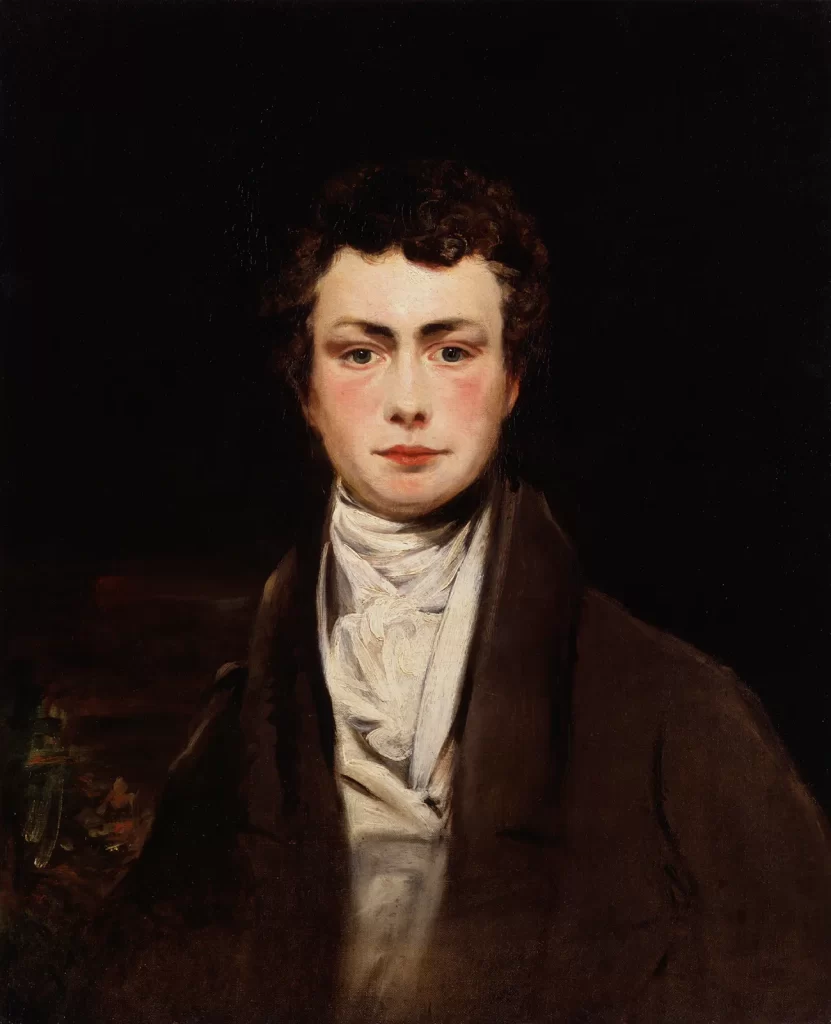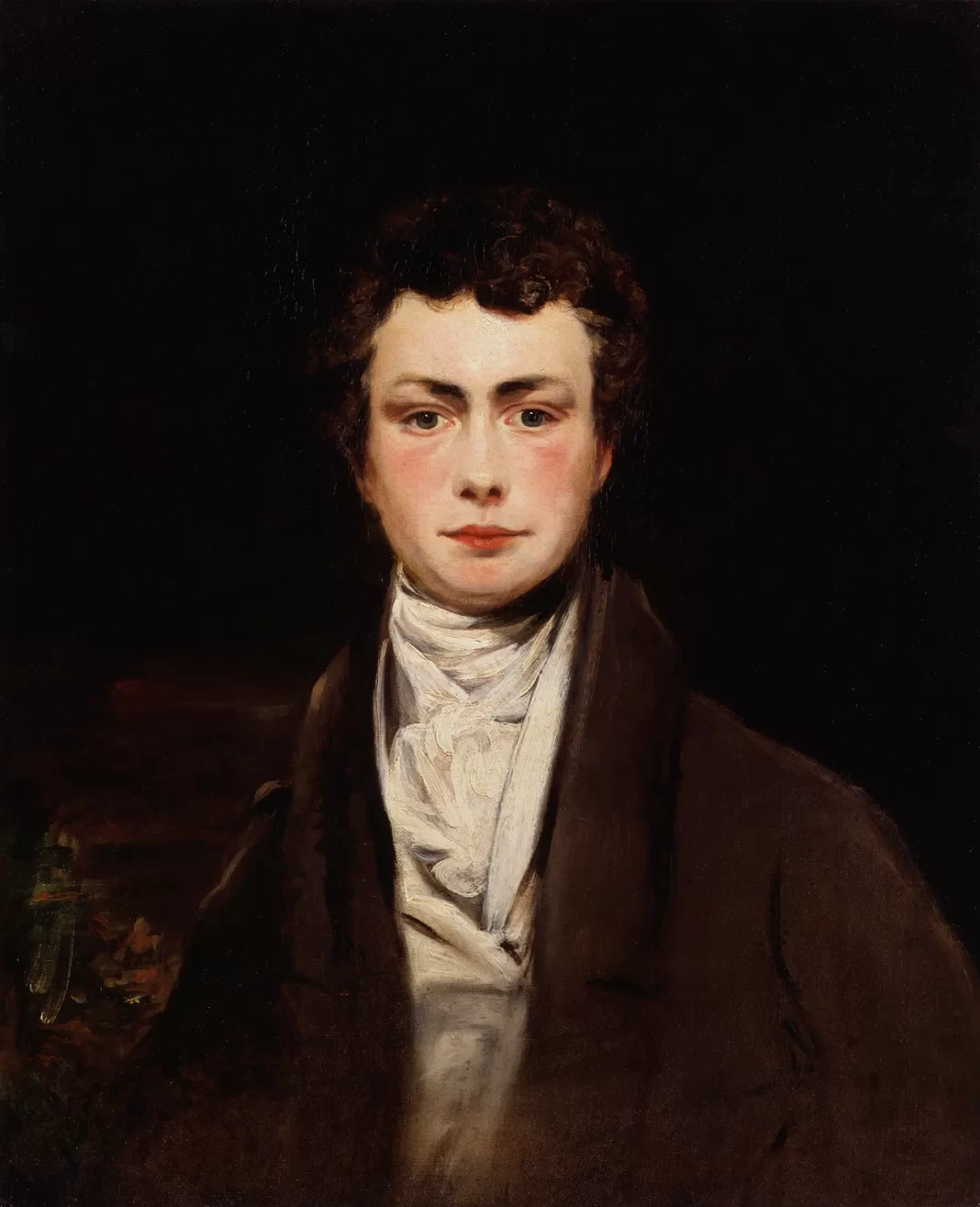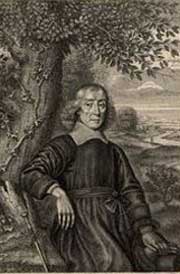
Thomas Moore
Sin and Folly of Cruelty to Brute Animals
「1810」 Reverend Thomas Moore of Birmingham, The Sin and Folly of Cruelty to Brute Animals (Birmingham, 1810).
Biography-Commentary-Excerpts
Reference-Reprints-Reviews
“We wish that christian ministers would more often preach on this subject, and never let the year pass without delivering at least one sermon on the sin of cruelty to that part of the sensitive creation who want language to make known their wrongs. A great senator seems to think that cruelty to the brutes produces courage, and renders the character robust; but we believe it will be found that this species of cruelty is always accompanied by cowardice.…It may be regarded as a general truth, liable to very few exceptions, that cruelty makes men cowards; and that men are always brave in proportion as they are humane. Let the advocates for bull-baiting and cock-fighting remember this.” —Critical Review 19 (1810 Apr): 433-4.
“The able defence of the rights of the brute creation, we should wish to see distributed by the society at Liverpool, for the purpose of preventing cruely, and other similar societies. It would also form a very useful, if not acceptable, present to young persons, whose minds cannot be too early or too deeply imbued with a spirit of humanity.” —Monthly Repository 5 (1810 Aug): 407.
“Dr. Hartley, in speaking of the dominion of man over brute animals, observes that “we are in the place of God to them;” and this thought will excite in all well-regulated minds an attention to the conduct which we ought to observe towards them. On this subject, however, it is painful to reflect that, in the midst of great national refinement, as Mr. Moore remarks, a large portion of a country always remains in a state of barbarism, and that of course all endeavours to promote the exercise of humanity must be limited, and partial. Yet, not discouraged by this reflection, Mr. M. nobly exerts himself in behalf of the inferior creation; and if servants and children will not read this sermon, parents and masters may be so impressed by it as to inculcate its substance with an authority which must not be resisted. Perhaps the arguments of the discourse is in one part carried too far; but we would recommend to especial attention that portion of it, which is derived from the claim which the inferior creatures have on our gratitude. They are intitled to humanity on the score of their subserviency to our use and comfort; and, as Mr. M father adds, ‘humanity to brutes it’s a constant companion of real benevolence to man.'” —Monthly Review 67 (1812-Apr) 447-448.
「1868」Howard Malcom, “Cruelty to Brutes,” in References to the Principal Works in Every Department of Religious Literature (Boston, 1868).
“For some time prior to his relinquishing his connection with the Kingswood society, he lived in Birmingham—where he kept a day school, which he continued for many years in London, whiter he removed with his family about 1810, in which year was printed his “Sermon on the Sin and Folly of Cruelty to Brute Animals, Preached at Kingswood, and also at the New Meeting, Birmingham.” —George Eyre Evans, Midland Churches: A History of the Congregations on the Roll of the Midland Union (Dudley, 1899) 162. 「Google Books」
Animal Rights History Timeline: Romantic Age 「1785-1837」
Romanticism; Romantic Poets
Animal Rights History-Timeline
Reverend Thomas Moore of Birmingham
「1810」Sin and Folly of Cruelty to the Brute Creation
Thomas Moore




